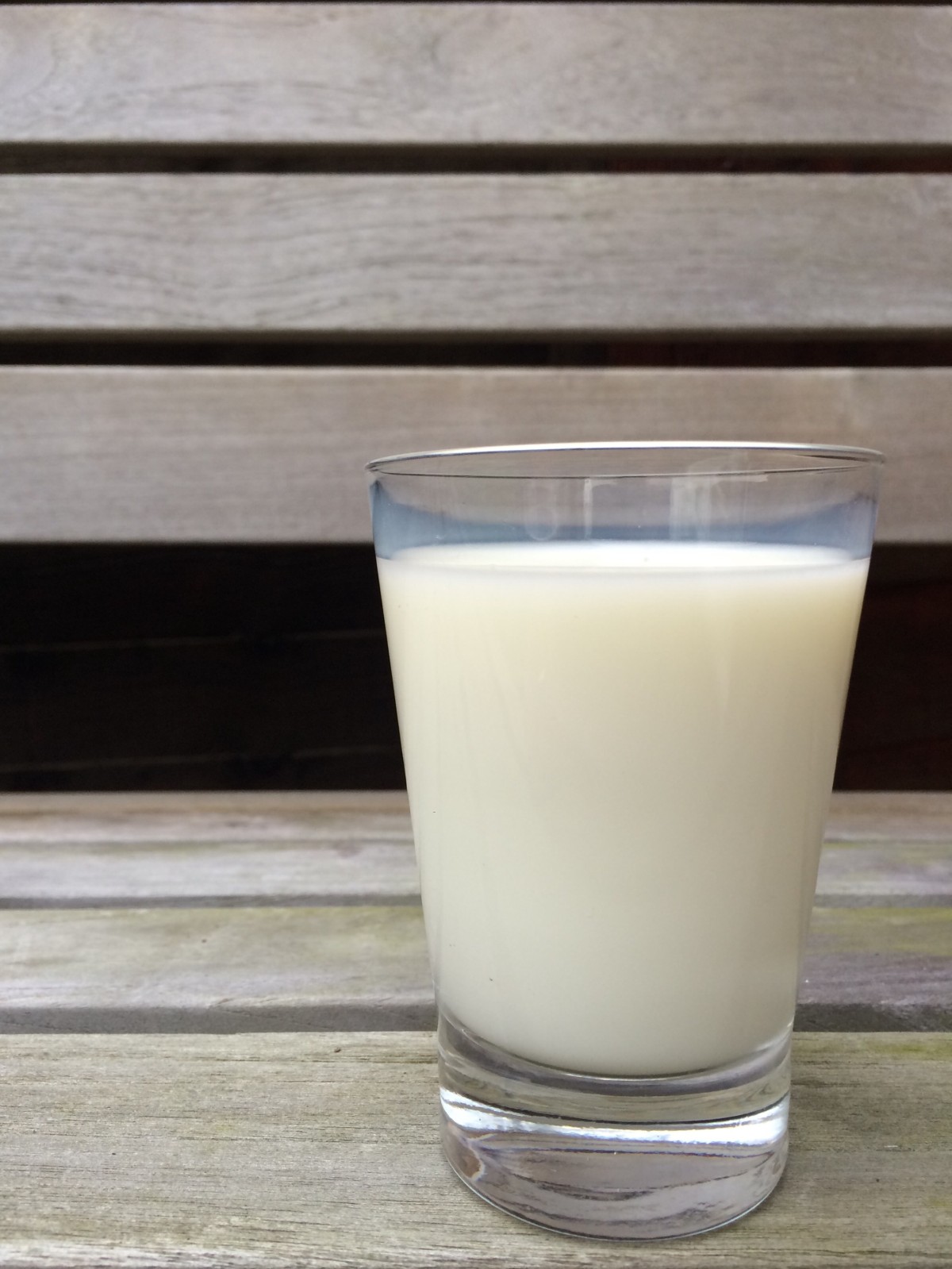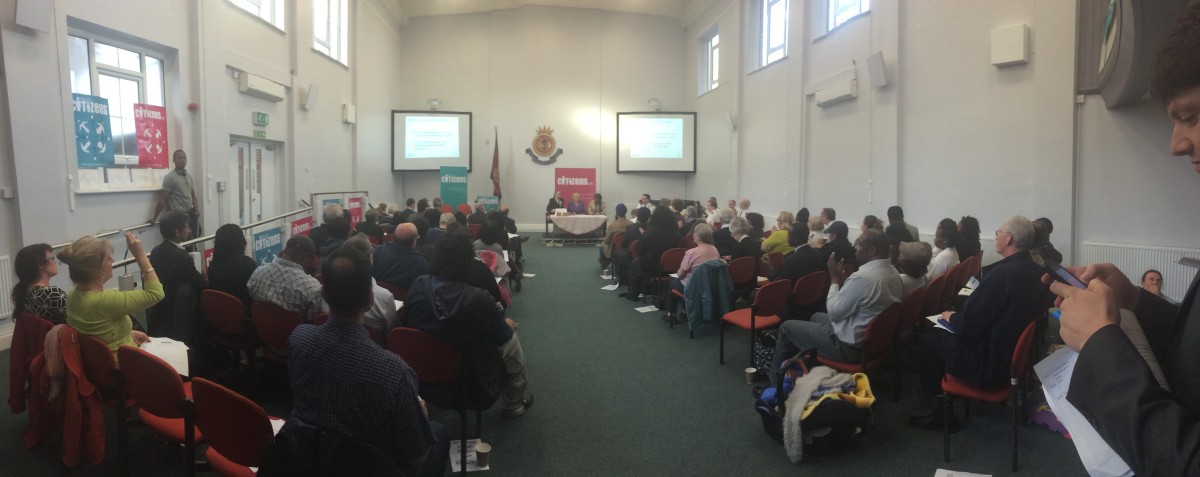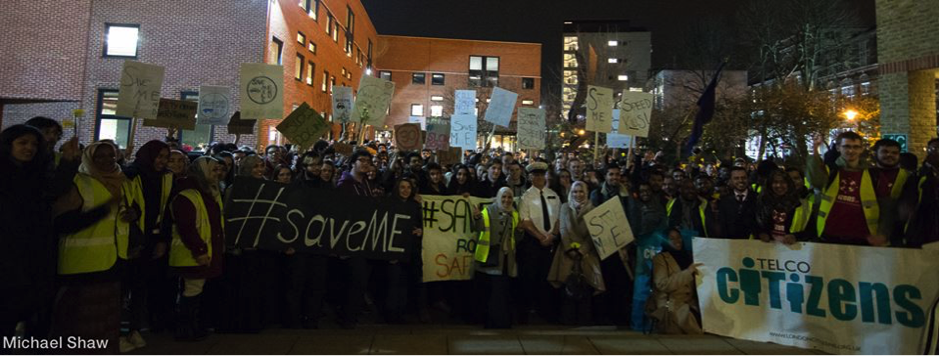By Nick Coke
Inspiration for the journey comes from many quarters. Some of it is through more obvious means – scripture, prayers, sacred music, religious art – and then there’s the more oblique stuff, like a film scene, an unexpected piece of music on the car radio, the sun reflecting off a skyscraper that suddenly moves you, an overheard snippet of conversation on the street. It’s nuanced for all of us. For me it’s music – not really the kind you hear in a church meeting but something you find on an old vinyl record in a charity shop. A number of years ago I blogged a little on some of my favourite musical gems – songs for the journey. Here’s one I recorded earlier:
Sufjan Stevens – The Perpetual Self or What Would Saul Alinksy do? (Listen on Youtube here) Continue reading “Songs for the Journey – Saul Alinsky and Sufjan Stevens”


 e is no justice to be done from a distance. Like the Good Samaritan, they go out of their way and take risks to recognise and know the suffering of others. There are no boundaries that they will not cross, nor comforts they will not dispense with in order to build relationships and understand others. They know that first and foremost change begins with relationship and relationship can only begin with presence.
e is no justice to be done from a distance. Like the Good Samaritan, they go out of their way and take risks to recognise and know the suffering of others. There are no boundaries that they will not cross, nor comforts they will not dispense with in order to build relationships and understand others. They know that first and foremost change begins with relationship and relationship can only begin with presence.  For 11 years I was the manager of The Salvation Army centre in King’s Cross, London. This was an outreach centre to men and women in pro
For 11 years I was the manager of The Salvation Army centre in King’s Cross, London. This was an outreach centre to men and women in pro A few weeks ago
A few weeks ago  right at the close, just as the speaker was heading for the door. She’d packed up her notes and left the microphone behind at the lectern when suddenly she glanced back over her shoulder, fixed her eyes on me and from under her breath came the throwaway remark – ‘of course we don’t do social justice, we live justly’. She disappeared out of the door and down the corridor. I looked around to see if anyone else was struck by the Colonel’s final word but the post-session hubbub had already began. Perhaps it was meant just for me.
right at the close, just as the speaker was heading for the door. She’d packed up her notes and left the microphone behind at the lectern when suddenly she glanced back over her shoulder, fixed her eyes on me and from under her breath came the throwaway remark – ‘of course we don’t do social justice, we live justly’. She disappeared out of the door and down the corridor. I looked around to see if anyone else was struck by the Colonel’s final word but the post-session hubbub had already began. Perhaps it was meant just for me.



 ctural problems, no heating and dodgy electricity. It was basically built on top of a garage. This was meant to be the place that I would bring my son back to.
ctural problems, no heating and dodgy electricity. It was basically built on top of a garage. This was meant to be the place that I would bring my son back to.
 In Thurday’s guest-post, Commissioner Birgitte Brekke-Clifton said
In Thurday’s guest-post, Commissioner Birgitte Brekke-Clifton said